|
Unrelenting misery is not a common reason to lend a book to someone. However, a friend did, in fact, lend me Leo Tolstoy’s Master and Man, and Other Stories. I’ve yet to grill him about why he did this to me – I mean, why not just punch me in the face? Too fast? Not enough prolonged misery? No, let’s make it 271 pages, plus introduction, of unrelenting misery. Spoiler alert – everyone dies. Miserably. And deserves to, because they’re all horrible or pathetic or both - other than the horse, which was yet another cruel twist in the torture I endured while reading the title story, Master and Man. I thought the first story in this anthology, Father Sergius, was almost unbearably and unremittingly bleak as it outlined the train-crash of a man’s life, interspersing it with a few highlights of the worst miseries, then ended it with his death. But this, it turns out, was just the warm-up for Master and Man, in which the stony, near-psychopathic avarice of the ‘master’ is reflected in the ‘noble’ but utterly craven ‘man’, who accepts every part of his irredeemably miserable life – the cuckoldry, the alcoholism, the utter poverty, the lack of warm clothes, the corruption of and cheating by his master - with the same fatalism he faces his slow, cold death. The thought of having to read the final, much longer, story in this anthology inadvertently shone a warmer and more positive light on the possibility of sudden and early death. The blurb on the back should’ve been a clue: “These three stories were begun in the 1890’s during the period when Tolstoy, tormented by questions of religion and morality, undertook literature almost as a guilty pleasure.” While I can’t imagine anyone, Tolstoy included, attaching the word ‘pleasure’ to this painful and painstaking parsing of personal pain, I can certainly see plenty of guilt. Tolstoy clearly felt badly about the human condition, and that might account for why every character is riddled with weakness, sin and unresolvable internal conflict that exhibits as bad behaviour – or, if a kindly act is committed, it is so underlain with fear and guilt, and basely motivated, that the guilt of the good is equal or greater to that of the bad. Tolstoy was a brilliant mind and a brilliant, stunningly insightful writer, so while I wished I could suffer a major debilitating stroke that left me blind and unable to complete the book, I was also, like, ‘yo. Dude writes good’, in that simple, honest and unaffected way of all old white geezers who think that having some old Public Enemy cds in their collection gives them license to do so. Tolstoy will rarely be read by those raised in the current purity of contemporary YA literature which commandeth thou shalt always show, never shalt thou tell or thou can kiss any kind of publishing deal goodbye. Editors and most YA authors would flinch at Tolstoy’s unrelenting telling, ignoring the fact that he does show and tell incredibly well. A digression... Even before I became a soap opera writer, I recognised the only other Tolstoy I’d read, Anna Karenina, was a form of soap. This is in part characterised by the depth to which Tolstoy applies his focus to the minutiae of his characters’ internal lives and histories. You are not left in any doubt as to the length, breadth and width of his characters’ misery, and their many failings. It is perhaps true to say there is no such thing as altruism; that every human action and its motives, parsed down to the nth degree, will reveal our reptilian cores, blinking in the light and licking its lips like an Australian prime minister. Tolstoy reveals this reptile with the level of observation practiced by field biologists upon discovering a new species. He allows his characters the full gamut of intellectual and physical torments with the precision of a Mengele, giving the gentle reader an understanding of – and crucially therefore a connection with – each character, so you too can feel a little of that private hell. And eventual, inevitable, inexorable death. The final story, a novella, is a colonial war story - a boys' own adventure. A distinct contrast to the first two pieces, Tolstoy apparently felt guilty about writing such a 'frivolous' piece. 'Frivolous'? Yeah, right. This story's brilliance lies in its portrayal, in just a few brush strokes, of action, motive and context. Its stunning finesse and command of story, and a scattering of exquisite vignettes, sweeps the reader into its 19th century embrace, and the never-ending conflict in Chechnya. And then everyone dies, brutally, and horribly, in the blood and the mud. I think every writer needs to read Tolstoy, every now and then at least, as an antidote to the anoydyne, to the requirements of commercial writing (ie, anything any of us make money from), to the self-censoring and the politically correct, and the impositions of genre and contemporary literary fiction. We need Tolstoy to be reminded life is short and brutal, that hopes are always dashed, things can and will always get worse, and that misery isn't an unwanted visitor but a constant and faithful companion.
Did I enjoy this book? No. Do I highly recommend it? Yes.
0 Comments
Leave a Reply. |
Reviews & stuff
Archives
July 2022
Categories
|

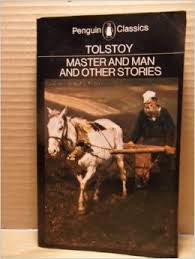
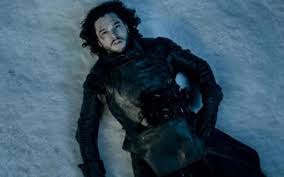
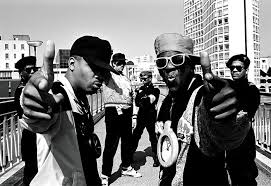
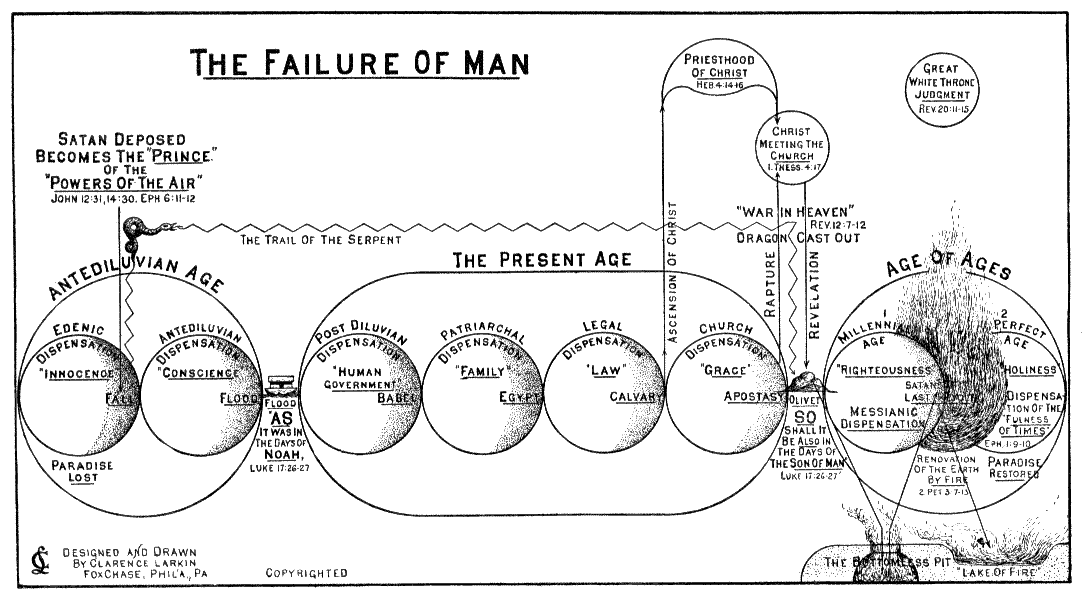

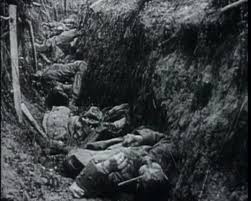
 RSS Feed
RSS Feed
